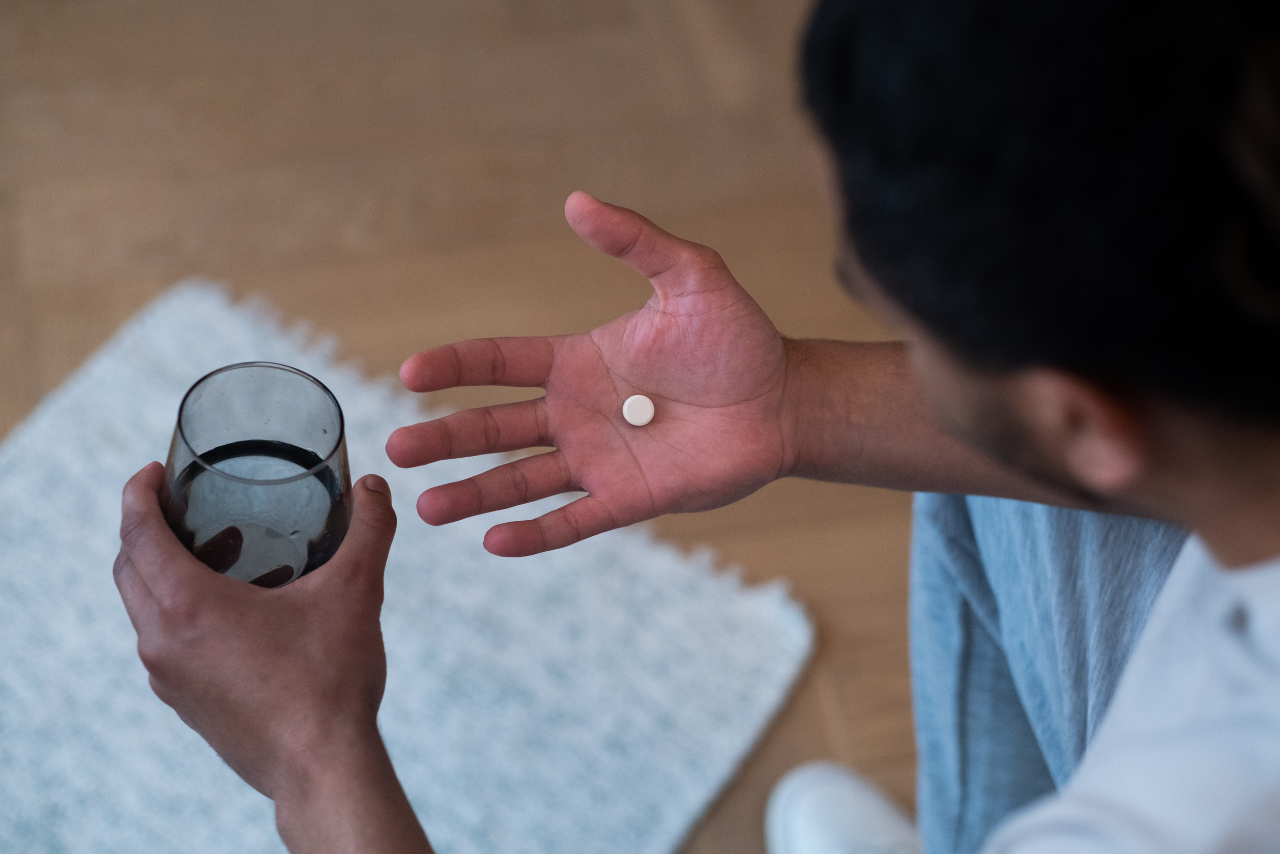Before you start to take Ativan or any other prescription medication, your doctor or pharmacist should warn you of the potential averse effects, which can include addiction. What they may not explain initially, though, is how Ativan addiction develops, which warning signs to watch for, and what types of treatment you may need.
What Is Ativan?
To understand how Ativan addiction can develop, it can be helpful to first review a few fundamental facts about Ativan itself.
Doctors commonly prescribe Ativan, the brand name for lorazepam, to treat anxiety disorders and seizures. People typically take it orally in tablet form, but healthcare providers may also administer it via injection.
The primary active ingredient in Ativan is lorazepam, which is a benzodiazepine that earned FDA approval in 1977.
In addition to its approved uses (treating anxiety and seizures), this medication is also sometimes used on an off-label basis to treat concerns such as:
- Panic disorder
- Delirium
- Insomnia
- Alcohol withdrawal symptoms
- Nausea and vomiting due to chemotherapy
- Vertigo
In 2022, pharmacies in the U.S. filled more than 8.5 million prescriptions for lorazepam.
Unfortunately, research indicates that about 17% of people who used Ativan or other benzodiazepines in the previous 12 months misused the drugs, either in an attempt to self-medicate or to achieve a recreational high.
How Does Ativan Addiction Develop?
When a person takes Ativan, the drug can quickly produce a sense of serene relaxation, along with drowsiness and an easing of muscle tension.
Experts believe that Ativan elicits these effects by artificially increasing the effectiveness of a naturally occurring amino acid called amma-aminobutyric acid (GABA).
GABA is the main inhibitory neurotransmitter in the human body. This means that it slows the delivery of messages to and from the brain via the central nervous system (CNS). Ativan interacts with GABA receptors throughout the CNS in a manner that amplifies GABA’s inhibitory properties.
If a person uses Ativan excessively or for an extended period of time, their body may begin to rely on the substance to maintain effective GABA levels and ensure that the neurotransmitter functions as it has been. People may rely on the drug more heavily, needing increasingly larger doses to achieve the desired effects. This process is called developing tolerance.
When someone abruptly stops using Ativan or cannot access the drug, their body reacts with various distressing physical and psychological symptoms, leading to withdrawal.
Tolerance and withdrawal are two fundamental symptoms of addiction.

What Are the Warning Signs of Ativan Addiction?
In addition to tolerance and withdrawal, other common signs of Ativan addiction include:
- Using Ativan more frequently, in larger doses, or for a longer amount of time than directed by their doctor or pharmacist
- Exaggerating their symptoms and/or visiting multiple doctors in an attempt to get additional prescriptions for Ativan
- Buying, borrowing, or stealing Ativan that was not prescribed to them
- Missing work or school, or failing to meet other obligations, as a result of their Ativan use
- Becoming angry, irritated, or agitated when they can’t acquire and use Ativan
- Continuing to use Ativan even after they have experienced some type of physical, psychological, or social harm as a result of their prior use of the drug
- Lying or being otherwise deceptive about the amount and frequency of their Ativan use
- Reducing or ending their participation in hobbies, social activities, or other pursuits that used to be important to them
If someone in your life has been exhibiting warning signs like these, you cannot diagnose them or cure them. But you can play a vital role in their life by encouraging them to consult with their doctor or another qualified professional.
Being evaluated by a professional and receiving an accurate diagnosis can be essential steps toward effective treatment and successful recovery.
How Is Ativan Addiction Treated?
Treatment for Ativan addiction can take a variety of forms and may include an array of therapies and services. Addiction impacts different people in different ways. To be most effective, treatment should be personalized to address the unique ways that each individual has been affected.
One of the most important early treatment decisions involves identifying which program or programs are right for the individual who is receiving care.
Depending on their specific needs and treatment goals, a person may benefit from:
- Detoxification: Also known as detox, this short-term program helps people navigate Ativan withdrawal safely and with minimal discomfort. Withdrawal can pose a significant obstacle in recovery from Ativan addiction, making detox a valuable service.
- Residential treatment: In a residential program, patients live at the care center. They receive 24/7 supervision, a full schedule of treatment, various types of therapy, and a range of support services.
- Partial hospitalization program (PHP): PHPs offer six or more hours of treatment per day, five to seven days per week. The schedule closely resembles residential care, but PHP patients only attend treatment sessions. They can return home or go to a sober living house during non-treatment hours.
- Intensive outpatient program (IOP): IOPs typically provide about three hours of programming per day, with treatment two to four days a week. Group therapy is the main form of care, though individual therapy, family support, and educational sessions may also be available.
- Outpatient program: Patients in outpatient programs attend treatment for one to two hours per week, biweekly, or monthly. This level of care offers long-term support as individuals work on building a healthier life in recovery.

Find Treatment for Prescription Drug Addiction in Georgia
Serenity Grove offers a full continuum of customized care for adults who have become addicted to Ativan and other prescription medications.
When you choose our rehab center, in Athens, Georgia, we’ll work closely with you to identify the full scope of your needs, then provide the personalized services that can put you on the path toward lifelong recovery.
For details about how we can help you or a loved one, or to schedule a free assessment, please visit our Admissions page or call us today.


